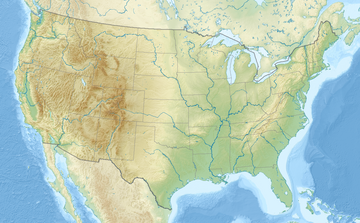
Back الدورى الوطنى لكورة القدم الامريكيه 1990 ARZ NFL 1990 German Temporada 1990 de la NFL Spanish Saison 1990 de la NFL French NFL sezona 1990. Croatian 1990-es NFL-szezon Hungarian National Football League 1990 Italian 1990年のNFL Japanese Temporada da NFL de 1990 Portuguese НФЛ в сезоне 1990 Russian
| Regular season | |
|---|---|
| Duration | September 9 – December 31, 1990 |
| Playoffs | |
| Start date | January 5, 1991 |
| AFC Champions | Buffalo Bills |
| NFC Champions | New York Giants |
| Super Bowl XXV | |
| Date | January 27, 1991 |
| Site | Tampa Stadium, Tampa, Florida |
| Champions | New York Giants |
| Pro Bowl | |
| Date | February 3, 1991 |
| Site | Aloha Stadium |
The 1990 NFL season was the 71st regular season of the National Football League (NFL). To increase revenue, the league, for the first time since 1966, reinstated bye weeks, so that all NFL teams would play their 16-game schedule over a 17-week period. Furthermore, the playoff format was expanded from 10 teams to 12 teams by adding another wild card from each conference, thus adding two more contests to the postseason schedule; this format was modified with realignment in 2002 (increasing the division spots per conference from three to four, and decreasing the wild card spots per conference from three to two) before the playoffs expanded to 14 teams in 2020.
During four out of the five previous seasons under the 10-team format, at least one team with a 10–6 record missed the playoffs, including the 11–5 Denver Broncos in 1985; meanwhile, three years later, the 10–6 San Francisco 49ers won Super Bowl XXIII, leading for calls to expand the playoff format to ensure that 10–6 teams could compete for a Super Bowl win. Ironically, the first sixth-seeded playoff team would not have a 10–6 record, but instead, the New Orleans Saints, with an 8–8 record, took the new playoff spot.
The season ended with Super Bowl XXV when the New York Giants defeated the Buffalo Bills 20–19 at Tampa Stadium. This would be the first Super Bowl appearance for Buffalo, who would represent the AFC in the next three Super Bowls as well.
